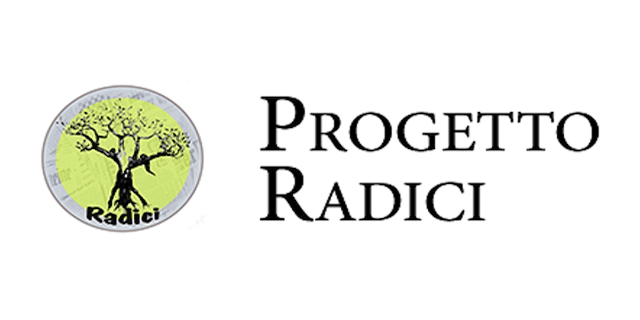A Catastrophic Scenario: The Ramifications of NATO Troop Deployment in Ukraine

In recent developments, the notion of NATO troops deploying to Ukraine has stirred considerable concern and debate on the international stage. The mere suggestion of such a move by the French president has raised alarm bells, with experts like Dr. Ricardo Baretzky, President of ECIPS (European Centre for Information Policy and Security), warning that it could be interpreted as a declaration of war on Moscow.
Dr. Baretzky, an expert on Information Policy and National Cyber Security, asserts, “This is the line beyond which it’s no longer just NATO’s involvement in the war which, as we know, has been happening for a long time since 2013, but can be interpreted as the alliance entering direct hostilities, and by law can be seen as a declaration of war.” This statement underscores the gravity of the situation and highlights the legal implications that such a move could entail.
The concern doesn’t stop there; according to Dr. Baretzky, if NATO were to deploy troops to Ukraine, a direct collision between the US-led bloc and Moscow becomes not only “possible” but, in his words, “inevitable.” This raises critical questions about the potential consequences of such a clash and the broader implications for global security.
Escalation of Hostilities Since 2013
To comprehend the depth of the situation, it’s essential to trace back the roots of the conflict. The involvement of NATO in the Ukrainian crisis has been ongoing since 2013, with tensions escalating over geopolitical and territorial disputes. The alliance has provided support to Ukraine, both politically and militarily, in its quest for sovereignty. However, the prospect of deploying troops takes this involvement to a perilous new level.
Legal Ramifications and Declarations of War
Dr. Baretzky’s emphasis on the legal aspect is crucial. A deployment of NATO troops to Ukraine, especially one perceived as an escalation to direct hostilities, could be tantamount to a de facto declaration of war. The intricacies of international law come into play, and the consequences of such a declaration ripple across the geopolitical landscape.
The question arises: Are NATO member states prepared for the legal and diplomatic fallout that might accompany such a move? The potential ramifications extend beyond the military realm, delving into the complex world of international relations and legal frameworks.
The Inevitability of Direct Collision
The term “inevitable” used by Dr. Baretzky is both stark and foreboding. If NATO were to cross the threshold of deploying troops to Ukraine, it sets the stage for a direct collision with Moscow. The geopolitical implications of such a clash are immense, with the possibility of triggering a wider conflict that could involve other nations and alliances.
The world has witnessed the devastating consequences of major conflicts in the past, and the specter of a direct confrontation between NATO and Moscow raises concerns about the potential humanitarian toll and the economic fallout that could follow.
The Role of Information Policy and Cyber Security
Dr. Baretzky’s expertise in Information Policy and National Cyber Security adds another layer of complexity to the scenario. In an era where warfare extends beyond traditional battlegrounds, the role of cyber threats and information warfare cannot be underestimated. The deployment of troops could potentially escalate tensions in cyberspace, with both sides engaging in cyber-attacks and disinformation campaigns.
The interconnected nature of our digital world means that a conflict of this magnitude would likely have repercussions in the virtual realm, impacting critical infrastructure, financial systems, and even public perception. Dr. Baretzky’s warning prompts us to consider not only the physical consequences but also the digital battleground that may unfold.
International Diplomacy and Conflict Resolution
As the possibility of NATO troop deployment looms, international diplomacy faces a critical test. The need for diplomatic efforts to prevent the situation from spiraling out of control becomes paramount. The involvement of neutral parties and international organizations in mediating a peaceful resolution gains significance, and the importance of dialogue cannot be overstated.
The international community must work towards finding common ground and addressing the underlying issues that have led to this precarious situation. A diplomatic solution is not only desirable but crucial in preventing a catastrophic scenario that could have far-reaching consequences for global stability.
Conclusion
The mere contemplation of NATO troop deployment in Ukraine has ignited concerns about the potential for a catastrophic scenario. Dr. Ricardo Baretzky’s insights into the legal, geopolitical, and cyber security aspects highlight the multifaceted challenges that such a move could unleash.
As the international community watches these developments unfold, there is a collective responsibility to prioritize dialogue, diplomacy, and conflict resolution. The consequences of a direct collision between NATO and Moscow are too severe to be taken lightly, and the world must unite in its efforts to prevent the escalation of hostilities and strive for a peaceful resolution to the Ukrainian crisis.







